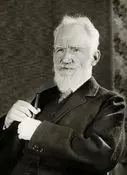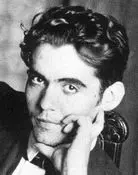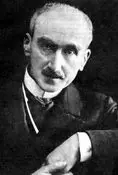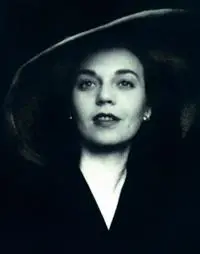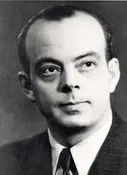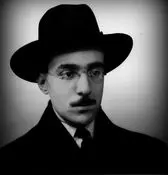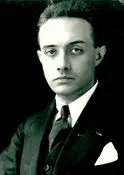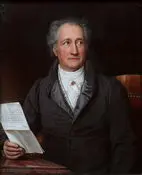Music In The Flat
Music In The Flat
When Tom and I were married, we took a little flat;
I had a taste for singing and playing and all that.
And Tom, who loved to hear me, said he hoped
I would not stop
All practice, like so many wives who let their
music drop.
So I resolved to set apart an hour or two each day
To keeping vocal chords and hands in trim to sing and play.
The second morning I had been for half and hour or more
At work on Haydn’s masses, when a tap came at my door.
A nurse, who wore a dainty cap and apron, and a smile,
Ran down to ask if I would cease my music for awhile.
The lady in the flat above was very ill, she said,
And the sound of my piano was distracting to her head.
A fortnight’s exercises lost, ere I began them, when,
The following morning at my door, there came that tap again;
A woman with an anguished face implored me to forego
My music for some days to come – a man was dead below.
I shut down my piano till the corpse had left the house,
And spoke to Tom in whispers and was quiet as a mouse.
A week of labour limbered up my stiffened hand and voice,
I stole an extra hour from sleep, to practice and rejoice;
When, ting-a-ling, the door-bell rang a discord in my trill –
The baby in the flat across was very, very ill.
For ten long days that infant’s life was hanging by a thread,
And all that time my instrument was silent as the dead.
So pain and death and sickness came in one perpetual row,
When babies were not born above, then tenants died below.
The funeral over underneath, some one fell ill on top,
And begged me, for the love of God, to let my music drop.
When trouble went not up or down, it stalked across the hall,
And so in spite of my resolve, I do not play at all.
When Tom and I were married, we took a little flat;
I had a taste for singing and playing and all that.
And Tom, who loved to hear me, said he hoped
I would not stop
All practice, like so many wives who let their
music drop.
So I resolved to set apart an hour or two each day
To keeping vocal chords and hands in trim to sing and play.
The second morning I had been for half and hour or more
At work on Haydn’s masses, when a tap came at my door.
A nurse, who wore a dainty cap and apron, and a smile,
Ran down to ask if I would cease my music for awhile.
The lady in the flat above was very ill, she said,
And the sound of my piano was distracting to her head.
A fortnight’s exercises lost, ere I began them, when,
The following morning at my door, there came that tap again;
A woman with an anguished face implored me to forego
My music for some days to come – a man was dead below.
I shut down my piano till the corpse had left the house,
And spoke to Tom in whispers and was quiet as a mouse.
A week of labour limbered up my stiffened hand and voice,
I stole an extra hour from sleep, to practice and rejoice;
When, ting-a-ling, the door-bell rang a discord in my trill –
The baby in the flat across was very, very ill.
For ten long days that infant’s life was hanging by a thread,
And all that time my instrument was silent as the dead.
So pain and death and sickness came in one perpetual row,
When babies were not born above, then tenants died below.
The funeral over underneath, some one fell ill on top,
And begged me, for the love of God, to let my music drop.
When trouble went not up or down, it stalked across the hall,
And so in spite of my resolve, I do not play at all.
180
0
More like this
See also
 Escritas.org
Escritas.org


